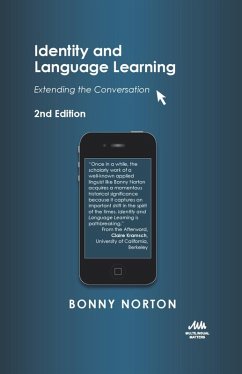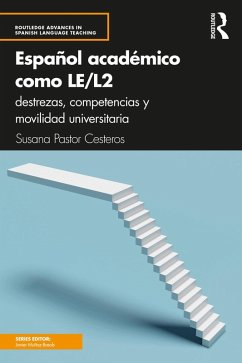
Language Ideologies and L2 Speaker Legitimacy (eBook, ePUB)
Native Speaker Bias in Japan

PAYBACK Punkte
9 °P sammeln!
This book examines dilemmas faced by second language (L2) Japanese speakers as a result of persistent challenges to their legitimacy as speakers of Japanese. Based on an ethnographic interview study with L2-Japanese speakers and their L1-Japanese-speaking friends, co-workers and significant others, the book examines ideologies linked to three core speech styles of Japanese - keigo or polite language, gendered language and regional dialects - to show how such ideologies impact L2-Japanese speakers. The author demonstrates that speaker legitimacy is often tenuous for L2 speakers and argues that,...
This book examines dilemmas faced by second language (L2) Japanese speakers as a result of persistent challenges to their legitimacy as speakers of Japanese. Based on an ethnographic interview study with L2-Japanese speakers and their L1-Japanese-speaking friends, co-workers and significant others, the book examines ideologies linked to three core speech styles of Japanese - keigo or polite language, gendered language and regional dialects - to show how such ideologies impact L2-Japanese speakers. The author demonstrates that speaker legitimacy is often tenuous for L2 speakers and argues that, despite increasing numbers of Japanese-speaking foreign residents in Japan, native speaker bias remains a persistent issue for L2-Japanese speakers living and working in Japan. This book extends the discussion of native speaker bias beyond educational contexts, and in the process reveals tensions between how L2 speakers aspire to speak and how L1 speakers expect them to speak.
Dieser Download kann aus rechtlichen Gründen nur mit Rechnungsadresse in A, D ausgeliefert werden.













